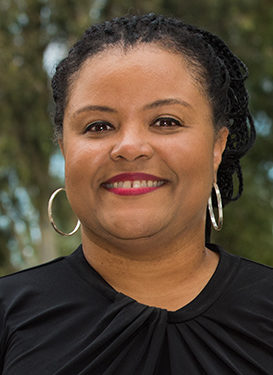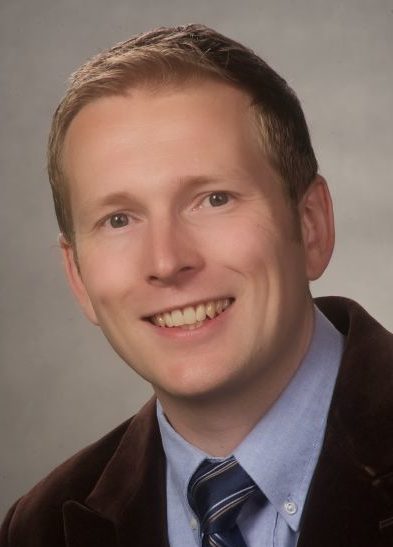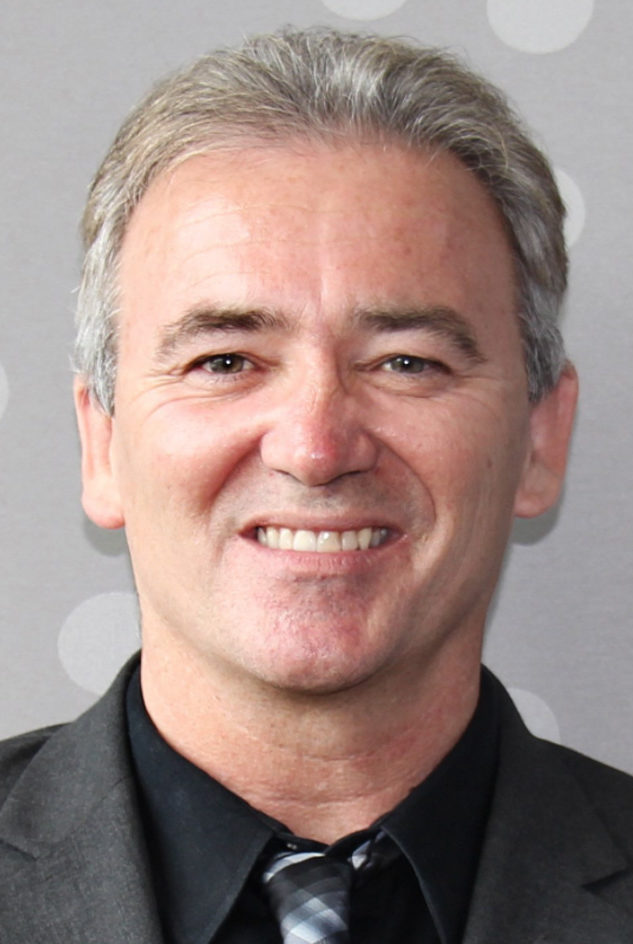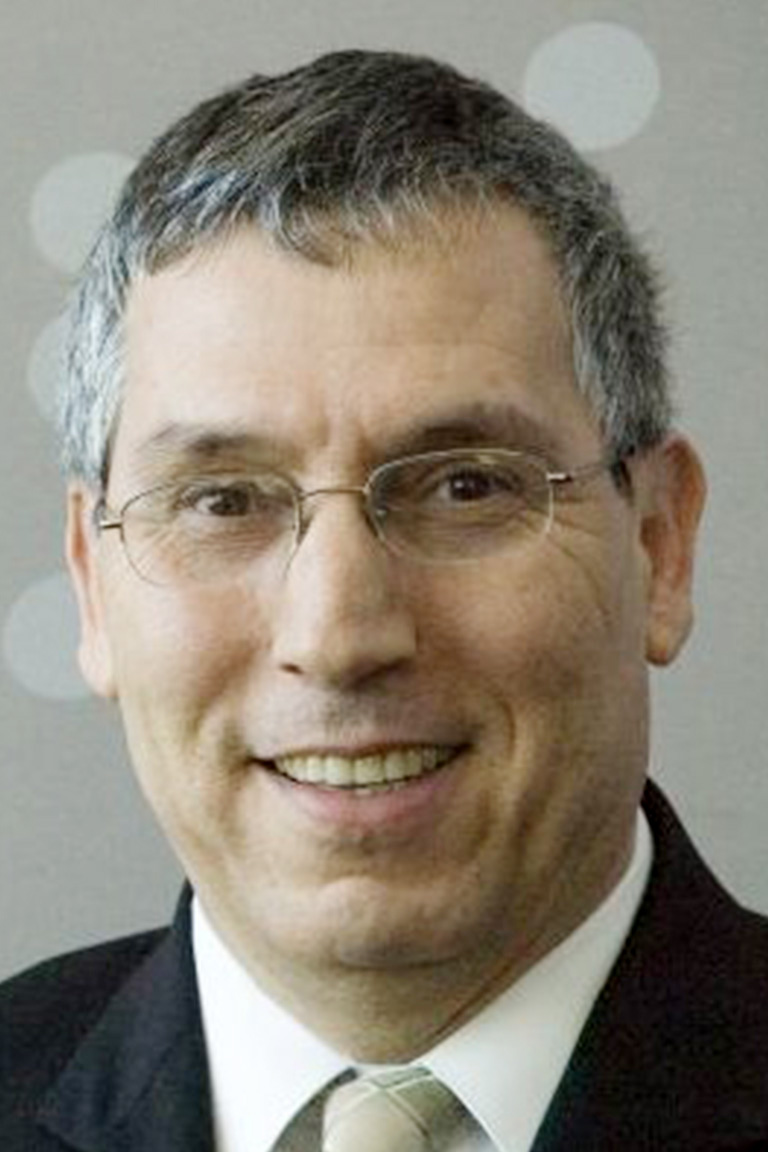Our faculty members participate in conferences around the world, conduct groundbreaking research, and publish books and journal papers that contribute to their field and highlight their expertise. We feature those accomplishments and more in this section.
College of Arts and Humanities
 Donna Nicol, associate professor and chair of Africana Studies, will participate in the City of Los Angeles African American Heritage Month Roundtable Discussion “Black Migrations: Human Rights and Transformative Resistance.” The roundtable is hosted my L.A. Mayor Eric Garcetti and the Our Authors Study Club and will take place Feb. 13, 6 to 8 p.m., in the Public Works Chambers at Los Angeles City Hall.
Donna Nicol, associate professor and chair of Africana Studies, will participate in the City of Los Angeles African American Heritage Month Roundtable Discussion “Black Migrations: Human Rights and Transformative Resistance.” The roundtable is hosted my L.A. Mayor Eric Garcetti and the Our Authors Study Club and will take place Feb. 13, 6 to 8 p.m., in the Public Works Chambers at Los Angeles City Hall.
College of Education

Brian Gregor, assistant professor of Philosophy, has published the book “Ricoeur’s Hermeneutics of Religion: Rebirth of the Capable Self” (Lexington Books/Rowman & Littlefield, 2019). Gregor’s book draws on the full scope of Ricoeur’s writings to lay out the essential features of his philosophical interpretation of religion, from his earliest to his last work.
 Anthony Normore, professor and chair of Graduate Education, along with Monash University (Australia) doctoral student Luke Macaulay, recently published the article “A Leadership Perspective on Restorative Approaches to Social Justice: When the Offender is the ‘Circle‘” in the January 2019 issue of the Journal of Authentic Leadership in Education. The piece addresses what happens if the offender in a restorative approach to social justice is the ‘circle?’ The notion of the circle is an integral component in work related to restorative justice. Normore also published the chapter “Not Making the Grade: How Increased Reliance on Adjunct Faculty Diminishes Excellence, Academic Freedom, and the Search for New Knowledge” in the book Marginality in the Urban Center. The book examines the increasing marginalization of and response by people living in urban areas throughout the Western Hemisphere.
Anthony Normore, professor and chair of Graduate Education, along with Monash University (Australia) doctoral student Luke Macaulay, recently published the article “A Leadership Perspective on Restorative Approaches to Social Justice: When the Offender is the ‘Circle‘” in the January 2019 issue of the Journal of Authentic Leadership in Education. The piece addresses what happens if the offender in a restorative approach to social justice is the ‘circle?’ The notion of the circle is an integral component in work related to restorative justice. Normore also published the chapter “Not Making the Grade: How Increased Reliance on Adjunct Faculty Diminishes Excellence, Academic Freedom, and the Search for New Knowledge” in the book Marginality in the Urban Center. The book examines the increasing marginalization of and response by people living in urban areas throughout the Western Hemisphere.
College of Natural and Behavioral Sciences
 L. Mark Carrier, professor of Psychology, has published the book “From Smartphones to Social Media: How Technology Affects Our Brains and Behavior” (Greenwood, 2018). The book examines how today’s technology–smartphones, computers, and the internet–shapes our physical health, cognitive and psychological development, and interactions with one another and the world around us.
L. Mark Carrier, professor of Psychology, has published the book “From Smartphones to Social Media: How Technology Affects Our Brains and Behavior” (Greenwood, 2018). The book examines how today’s technology–smartphones, computers, and the internet–shapes our physical health, cognitive and psychological development, and interactions with one another and the world around us.
College of Health and Human Services
Paul Duong Tran, professor of Social Work, served as co-keynote speaker in January 2019 during the International Conference on Social Work in Health and Mental Health at Muhammadiyah Jakarta University in Ciputat, South Tangerang. The conference explored the potential of social work practitioners and researchers to build the future of health management in Indonesia. The conference also accommodated discussions about new agenda of social work practices within the health sphere.
Recent quotes and/or interviews in the media from faculty
 “That’s a huge increase.” –Larry Rosen, emeritus professor of psychology, said during an interview for the National Geographic article “Smartphones revolutionize our lives–but at what cost?” Rosen was responding to a survey that found the number of times a phone gets unlocked has increased from approximately 56 times a day in 2016 to 73 times a day in 2018. The article also focused on smart phone notifications, which Rosen referred to as “the anxieties that are in your head.” “Companies have carefully orchestrated their apps and their websites to get your eyeballs there, to keep them there and to keep them coming back,” he added.
“That’s a huge increase.” –Larry Rosen, emeritus professor of psychology, said during an interview for the National Geographic article “Smartphones revolutionize our lives–but at what cost?” Rosen was responding to a survey that found the number of times a phone gets unlocked has increased from approximately 56 times a day in 2016 to 73 times a day in 2018. The article also focused on smart phone notifications, which Rosen referred to as “the anxieties that are in your head.” “Companies have carefully orchestrated their apps and their websites to get your eyeballs there, to keep them there and to keep them coming back,” he added.
 Hamoud Salhi, professor of political science, was included among a panel of experts on a CGTN-TV “The Heat” broadcast discussing solutions for Europe’s migration issue after 170 refugees from North Africa lost their lives when their boats sank in the Mediterranean Sea in January 2019. According to the United Nations Refugee Agency, more than 4,500 people made the journey in January 2019 despite some European countries closing their borders.
Hamoud Salhi, professor of political science, was included among a panel of experts on a CGTN-TV “The Heat” broadcast discussing solutions for Europe’s migration issue after 170 refugees from North Africa lost their lives when their boats sank in the Mediterranean Sea in January 2019. According to the United Nations Refugee Agency, more than 4,500 people made the journey in January 2019 despite some European countries closing their borders.